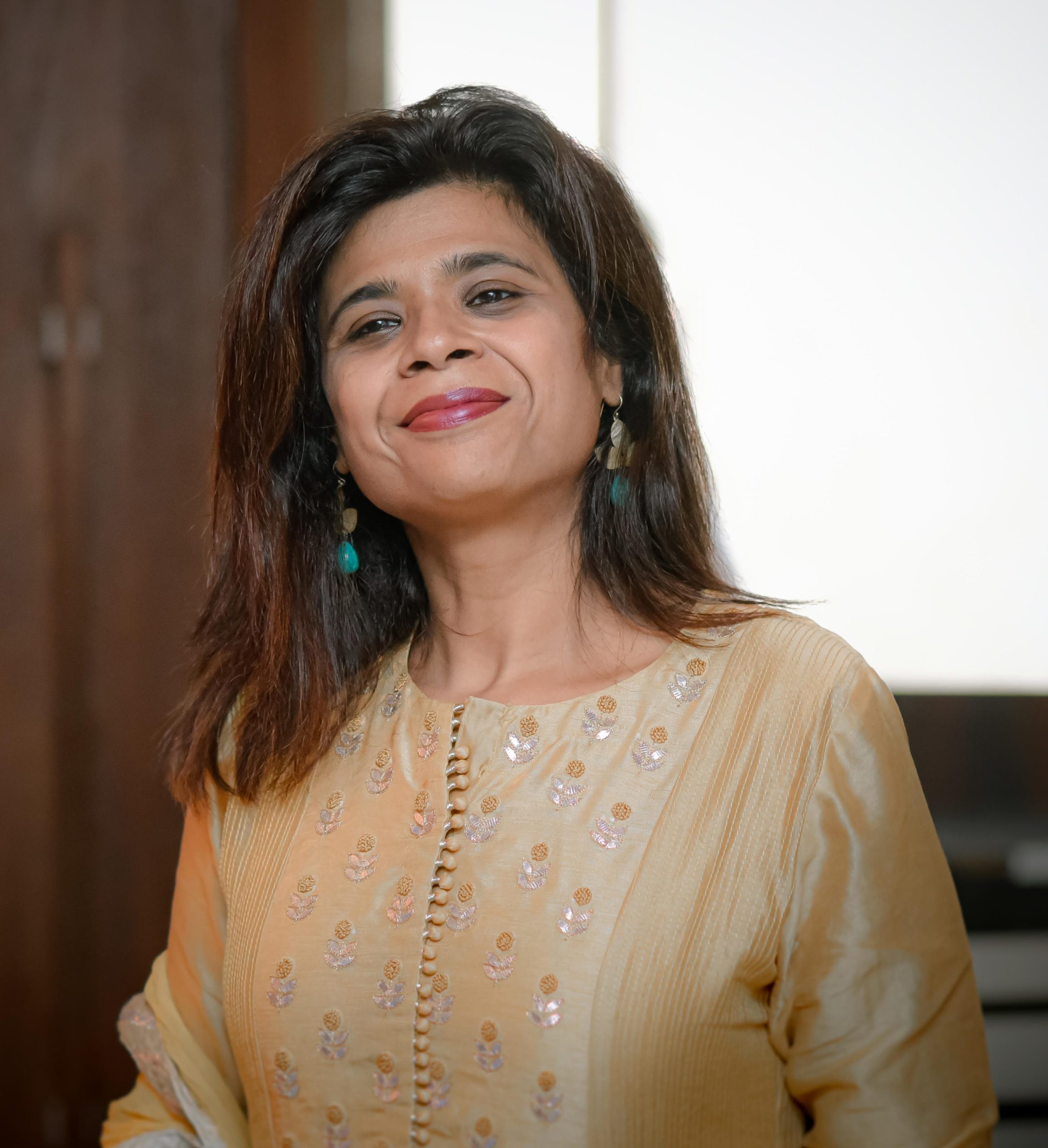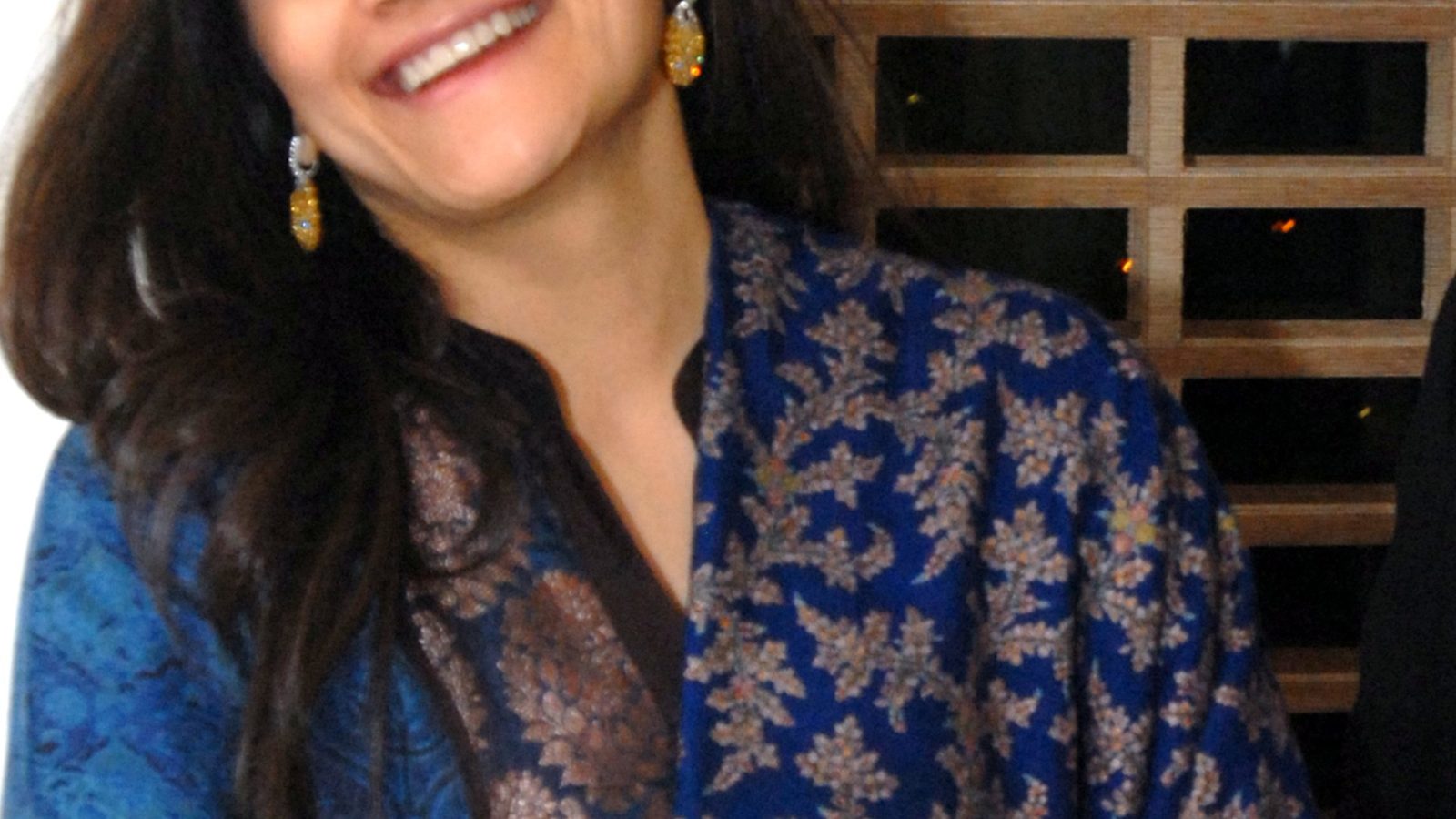I meet an energised Neerja Birla, the founder and chairperson of mental health counselling and awareness organisation Mpower, who has just returned from a cycling trip in Portugal. “It was a test for me,” smiles the visibly fit Neerja. A long-time athlete, Neerja has found exercise to be more than just a physical regimen: It is a “mental fitness regimen,” she says.
Advocacy of mental health awareness and counselling rings true from Neerja. Consider how open she is about her own journey and challenges. No life can be unabashedly happy, she says. “I don’t think we can be a situation where we won’t have stress. But if you have resilience, you are sorted.” As she has found out herself. Edited excerpts from her interview with Thrive Global India:
We are all operating at a frenetic pace, running from pillar to post. What worries you most about the way we live?
I have been working on that myself. I used to find myself in a hurry all the time. It was a physical hurry. I was always living in the future. For instance, if I was in a meeting, I would be thinking about winding it up because I need to be in the next meeting! That was really getting to me because it was percolating everywhere in my life, and beginning to give me anxiety. I was edgy all the time.
Then I realised—after a lot of introspection—that I needed to slow down mentally. You can’t be multi-tasking. You can do 10 different things in one day. But it is important to do one thing at a time. If you’re answering a mail, finish that and then get on a call. For me that is helping. I still do it all, but one thing after the other. And I find I’m not wasting any time.
Was there a tipping point in your life when you said: I can’t live like anymore?
Absolutely. That’s when I hit rock-bottom. I felt I was stagnating, not mentally stimulated. It took me a long time to realize that—I lived with that feeling for long. What I realised was: For me, my children and my family are my priority. There’s no doubt in mind. But then what. If I’m empty, what am I going to give them? I need to feel abundant. That’s when I started to think about what I wanted to do in my life. I was in a rut. I felt completely sapped.
How did you find your spiritual expression?
This happened about 15 years, [the time I hit rock-bottom] and I was trying to find answers. That’s when I turned to the Bhagwad Gita. I studied it for 12 years. Unfortunately, it’s not as routine as I want it to be and I need to work on that. But that really helped [at the time]. There were really simple answers I was getting from that spiritual text.
That’s when I realised that spirituality is not for after you turn 60. It has to become a way of life. One verse, in particular, has stuck with me. I think it is from chapter 2, verse 15: The essence of which is that the good and the bad, the happy and sad, will always be there in life. But both will come and go in the same way. The key is to not let let emotion get into it.
For more from the interview, watch this


